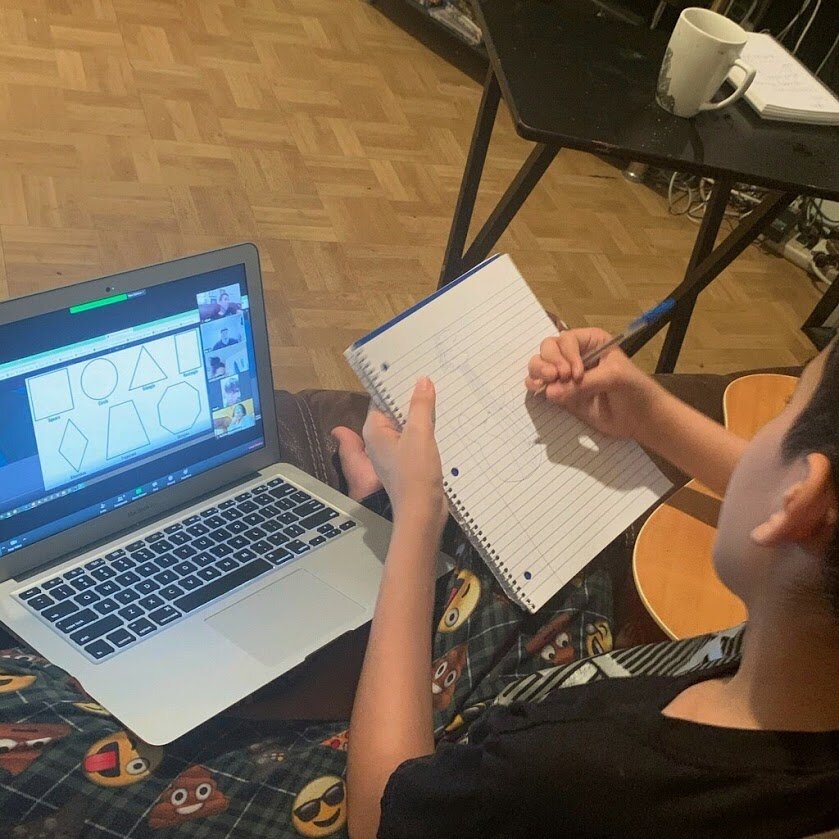City’s biggest nonprofit summer camp provider says budget cuts will hurt kids
/New York Edge has already moved their after-school enrichment to a remote model, a shift they had incorporated into their plan for summer programming. Photos via New York Edge
By Rachel Vick
The city’s largest nonprofit summer camp and after-school provider is urging the City Council to resist proposed funding cuts to summer programming included in Mayor Bill de Blasio’s executive budget proposal.
Programming cuts would have an impact on tens of thousands New York City schoolchildren — particularly low-income kids — who have few options during the summer months, said New York Edge CEO Rachael Gazdick in a letter to the Council.
“We completely grasp the financial challenges our city is facing today, but our economy simply will not be able to reopen if parents and caregivers do not have the peace of mind knowing their children are being taken care of,” Gazdick said.
“With the closures of New York City public pools, beaches and playgrounds, for tens of thousands of working families across the city, after-school and summer camp programs would be the only options they have for their children,” she continued.
Gazdick’s letter outlines her organization’s trauma-informed approach to summer programming, which she said builds on the existing camp format. The proposal includes an in-person camp at grab-and-go meal sites, where staff would divide students into small groups to adhere to social-distancing guidelines.
When public schools shifted to remote learning, Edge launched remote versions of the after-school and enrichment programs they run for 40,000 students during the school year.
Elected officials like Assemblymember Stacey Pheffer Amato and Speaker Corey Johnson have spoken out against the cuts to summer programming, like the city’s annual Summer Youth Employment Program, which provides part-time jobs to 75,000 young New Yorkers.
“We should not penalize students who are trying to gain life skills, develop as professionals, and put a little money in their pockets,” Pheffer Amato said.




